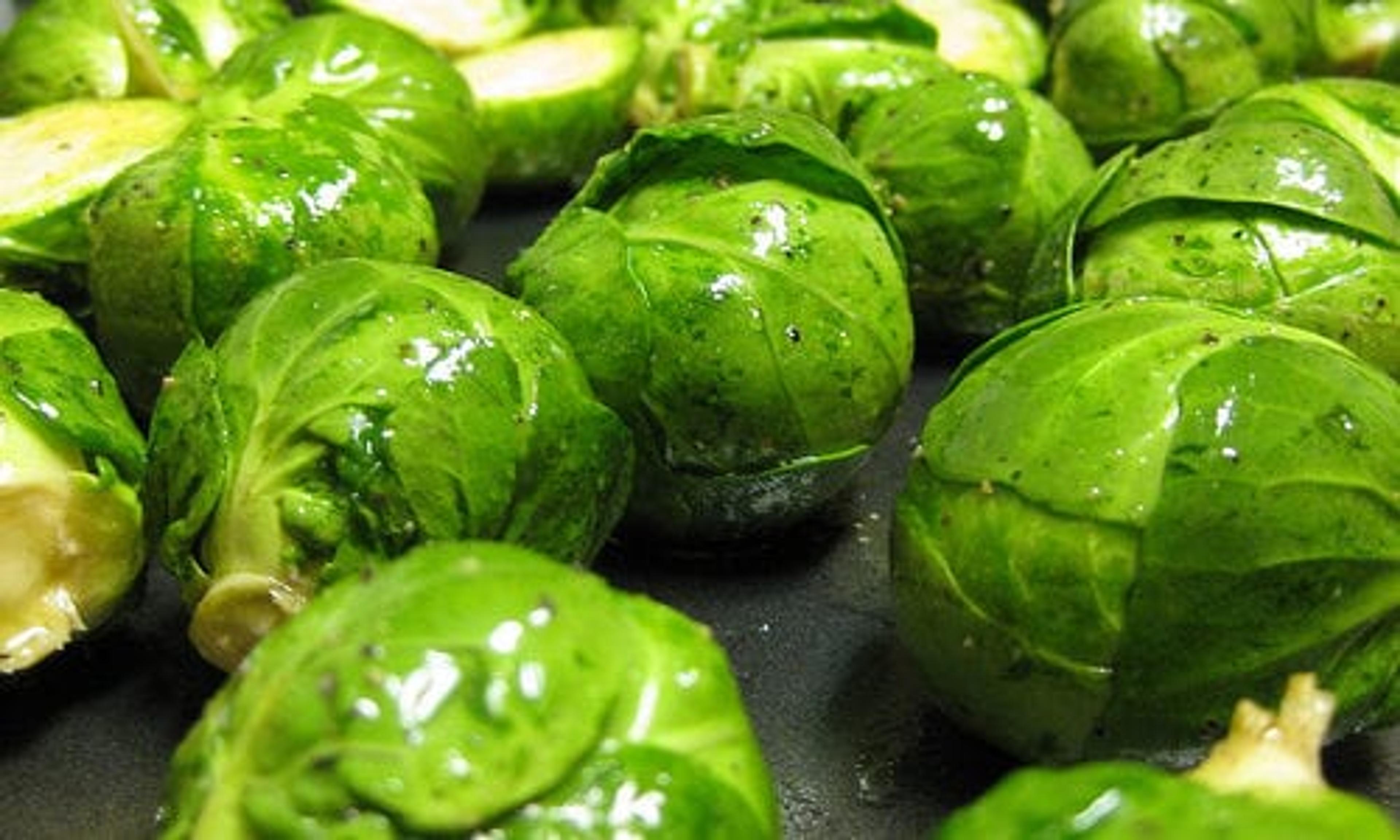Brain Foods for Studying and Exams

Shanthi Appelo, MS, RD
| 4 min read

As we enter the fall season, students of all ages sit down for midterms. Many are faced with the daunting task of studying for exams. Because long hours of reading, note-taking and problem-solving can take a toll on energy levels, eating balanced meals and snacks is essential.
The brain is a highly active organ that requires a healthy supply of energy and micronutrients to function at its best. Foods rich in whole grains and healthy fats provide the nourishment necessary to boost memory retention and help process information. Regardless of age, consider these foods to aid studying and test-taking:
Start with a balanced breakfast:
- Oats. Oats like oatmeal or overnight oats are rich in complex carbohydrates, providing a steady energy release. They also contain B vitamins, which play a role in releasing energy from carbohydrates and fat.
- Eggs. Packing protein into meals is important to avoid feeling hungry shortly after eating. Feeling hungry while studying and test-taking can be distracting. Scramble, boil or make eggs into an omelet for a protein-packed breakfast. Leafy greens like spinach and kale are an excellent addition to an omelet. They have micronutrients like folate and vitamin K, which support brain health.
- Greek yogurt. Greek yogurt is high in protein and probiotics, which support a healthy gut-brain connection. Top it with berries for an extra dose of antioxidants and add a whole grain component like oat-packed granola or a side of whole wheat toast for a steady release of energy.
- Berries: Berries, such as blueberries, strawberries and raspberries, are packed with antioxidants that protect the brain from oxidative stress and may play a role in supporting memory.
Make nutrient-dense snacks are part of the equation:
- Popcorn. The whole grains in popcorn provide a slow release of energy while providing a satisfying crunch to help keep you alert.
- Nuts and seeds with dark chocolate. Nuts and seeds are rich in plant-based Omega-3 fatty acids, especially walnuts. In fact, a study by UCLA conducted on 20-to 59-year-olds found that walnut consumption was associated with better cognitive function, regardless of age. Adding some dark chocolate to the mix can be satisfying. Dark chocolate consumption has been linked with beneficial cognitive function and neuroplasticity in young adults.
- Whole grain crackers with hummus. Hummus is packed with healthy fat and protein to help with satiety, while whole grain crackers deliver long-lasting energy.
- Apple slices with peanut butter. Apple slices offer that crunch to help with alertness, while nut butters have healthy fat and protein to help keep hunger levels stable until the next meal.
While fueling your brain with the right foods is crucial, some foods and drinks are best to avoid before taking an exam. A hefty dose of caffeine and a sugary doughnut may give college students a burst of energy, but it could lead to a crash that can sabotage studying and test-taking.
These items may lead to energy crashes, distraction or stomach discomfort:
- High-sugar foods. Skip sugary cereals, candy and pastries, as they lead to rapid spikes and crashes in blood sugar levels.
- Excessive caffeine. While school-age children should not consume caffeine, it’s common practice for college-age students to spend hours at coffee shops studying. Heavily caffeinated beverages like energy drinks can lead to jitters, nervousness and difficulty focusing. It’s best to stick with a caffeine amount you’re used to before an exam rather than overdoing it to compensate for lack of sleep.
- Heavy, greasy foods. Avoid indulging in fast food or heavy, greasy meals that can make you feel sluggish and lethargic. Moreover, the body takes longer to digest fat than other nutrients, which can cause stomach discomfort.
While healthy foods is part of a successful test-taking equation, it’s essential to consider overall wellness, including physical and mental well-being, around exam time. Be sure to get enough sleep, partake in stress-relieving activities and take breaks from studying. Good luck!
Shanthi Appelö is a registered dietitian and health and wellness spokesperson for Blue Cross Blue Shield of Michigan based in Detroit. For more recipes and health information, visit ahealthiermichigan.org.
Photo credit: Getty Images





